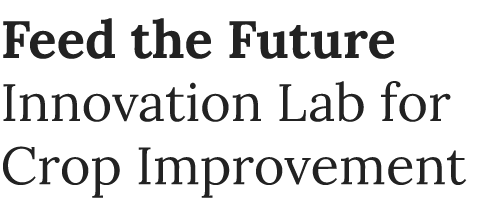Eight hundred million people around the world live in hunger. Food insecurity is deeply entangled with issues of poverty, malnutrition and gender inequity, particularly in vulnerable, resource-poor communities. We believe science and collaboration can transform these challenges and create a more equitable, food-secure world for all.
At the Feed the Future Innovation Lab for Crop Improvement (ILCI), we believe development must be done differently. Advanced plant breeding forged with social science that is led by local researchers defines our approach to ending chronic hunger and poverty. Highly collaborative science conducted in a dynamic environment is leading to radical changes in how crop improvement can deliver staple crops with increased yields, enhanced nutrition and greater resistance to pests and diseases.
Headquartered at Cornell University, we support global partners in their efforts to confront food insecurity. Our team brings together university experts (Cornell University, Clemson University, Colorado State University, Kansas State University and Makerere University), NGO partners (Cultural Practice and RTI International), and an international network of researchers based at National Agricultural Research Institutions (NARIs).
Our programmatic structure is divided into three interconnected components: Centers of Innovation, Objective Areas and subward projects. Our programs work together to address the greatest challenges that threaten our focus crops.
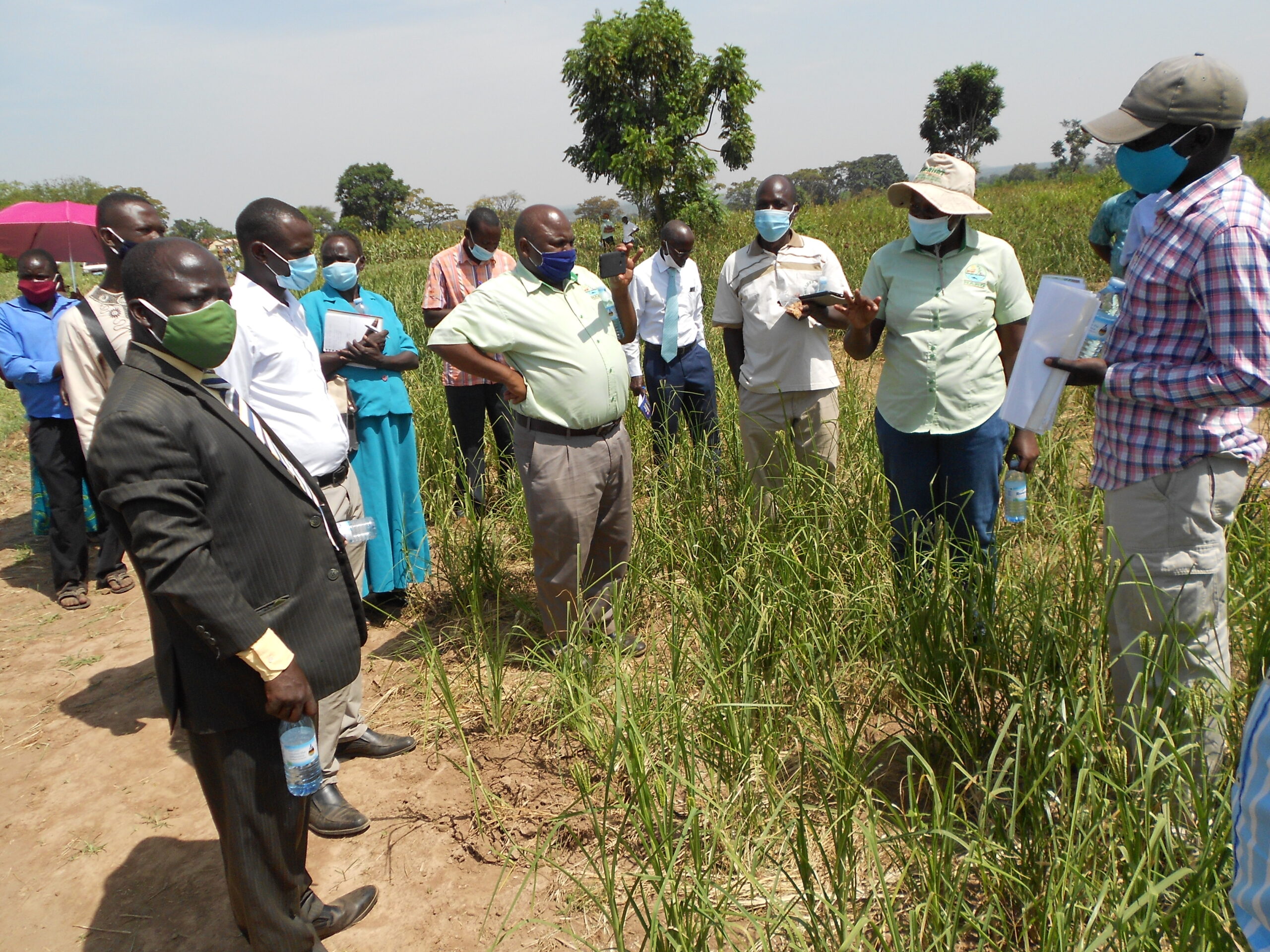
Centers of Innovation
Our approach is straightforward: we listen to National Agricultural Research Institutes and support their needs as they establish their own goals and drive advancement to breed resilient crop varieties. We believe that when national programs play a central role in designing innovations that target their unique challenges, these solutions are more direct, sustainable, and enduring. In-country scientists are leading the way at our four Centers of Innovation:
- Costa Rica and Haiti: The Central American and Caribbean Crop Improvement Alliance (CACCIA), led by the Instituto Nacional de Innovación y Transferencia en Tecnología Agropecuaria (INTA) in Costa Rica and Quisqueya University in Haiti.
- Malawi: The Center of Innovation for Crop Improvement for East and Southern Africa (CICI-ESA), led by Lilongwe University of Agriculture and Natural Resources (LUANAR). (Affiliated countries: Mozambique and Tanzania)
- Senegal: Crop Innovation in West Africa (CIWA), led by the Institut Sénégalais de Recherches Agricoles (ISRA). (Affiliated countries: Burkina Faso and Niger)
- Uganda: East African Center of Innovation for Finger Millet and Sorghum (CIFMS), led by the National Semi arid Resources Research Institute (NaSARRI). (Affiliated countries: Kenya and Tanzania)
Objective areas
Our experts based at U.S. universities engage directly with our network of global partners across East Africa, West Africa, and Latin America and the Caribbean to develop tools, technologies and methods. Comprised of plant scientists, economists, gender experts and more, the seven objective areas teams use a transdisciplinary lens to understand and creatively confront today’s greatest challenges in crop improvement:
- Breeding informatics to optimize breeding efficiency and genetic gains in staple crops
- Cross-cutting themes to prioritize nutrition, gender, youth, resilience and inclusion across all areas of our work
- Genomics to introduce advanced trait predictions in breeding populations
- Institutional capacity evaluation to assess the capacity of research centers
- Phenomics to advance data collection and management
- Priority setting to deliver scalable and robust market analysis that incorporates preferences of farmers and consumers
- Trait discovery to empower the rapid discovery and deployment of novel plant traits
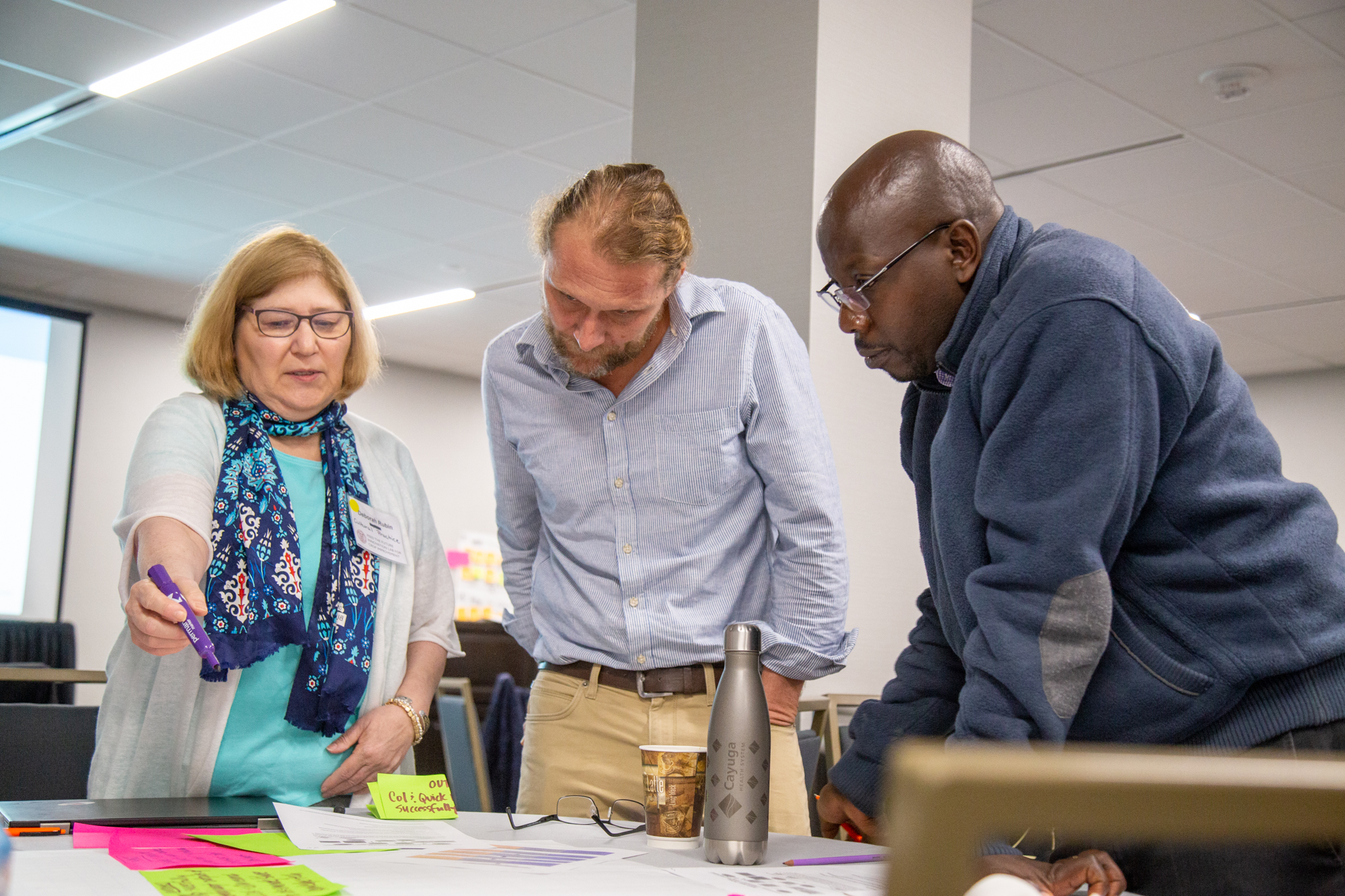
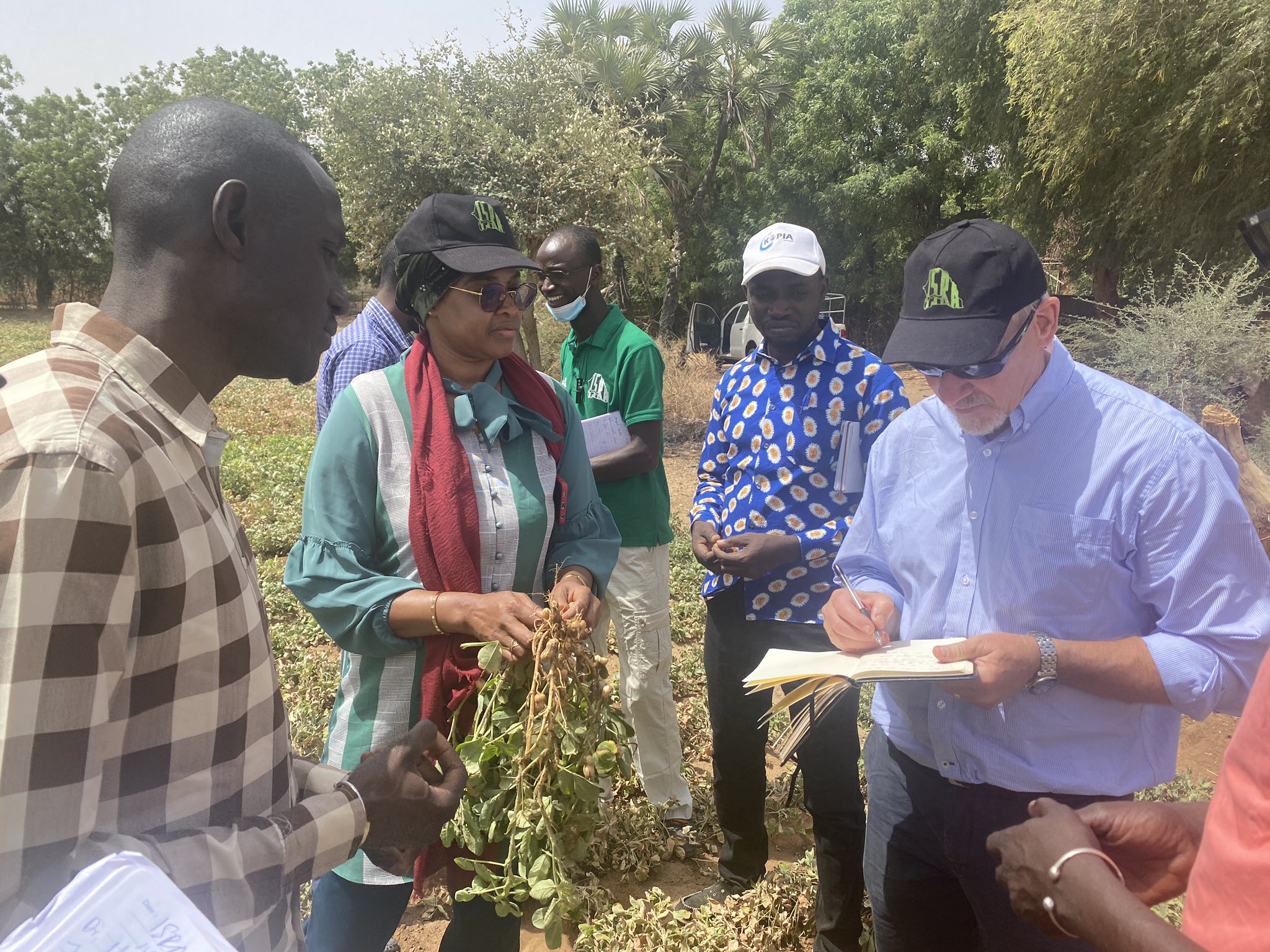
Subaward projects
As our research program makes new discoveries, it also uncovers new complex problems that need creative solutions. We continuously grow our research portfolio with new projects that target shared challenges across regions, such as seed systems, as well as country or crop-specific challenges, such as taro leaf blight.
Thomas Wyatt Turner Fellowship
Turner Fellowship seeks to increase the number of women, LBGTQ+ and students from underrepresented backgrounds engaging in research and capacity development activities in inclusive and sustainable agricultural development. With principles of diversity, equity, inclusion and accessibility at its core, the Fellowship supports students from underrepresented backgrounds while developing culturally responsive research mentors at participating universities.
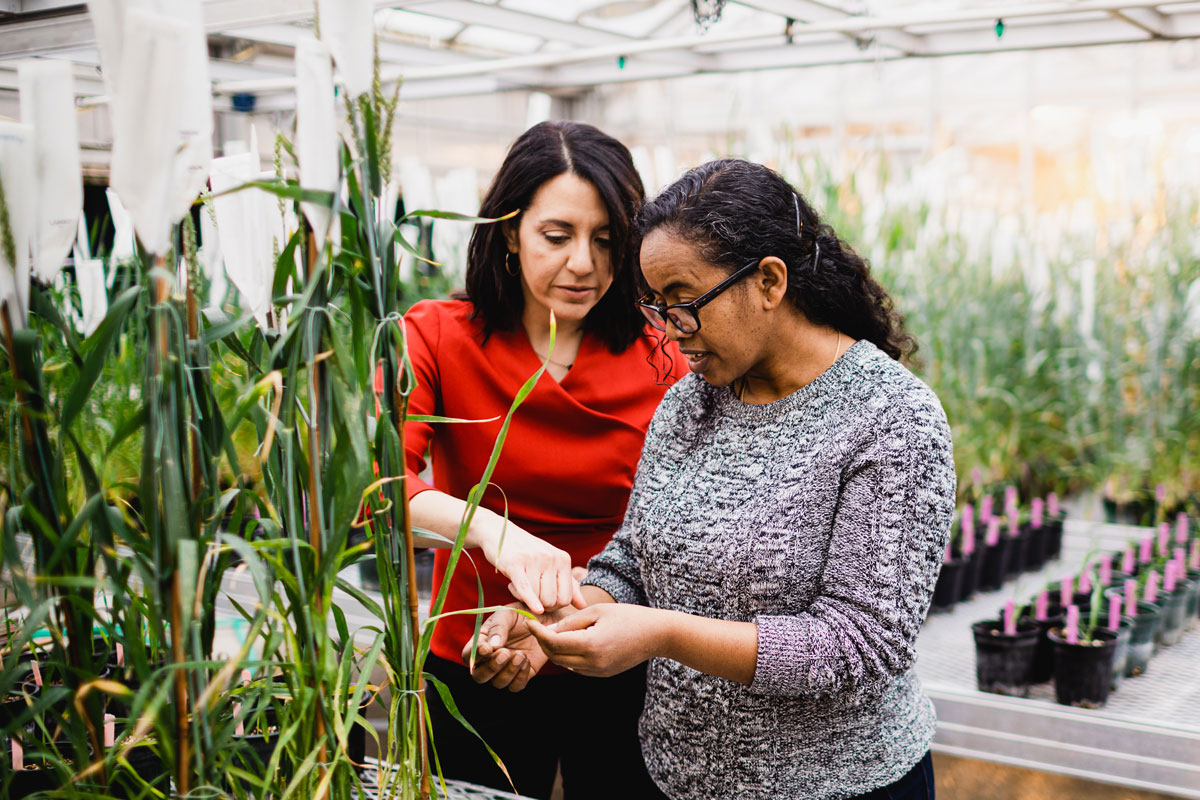
Feed the Future Innovation Labs
Feed the Future’s 20+ Innovation Labs draw on the expertise of top U.S. universities and research institutions in target countries to tackle some of the world’s greatest challenges in agriculture and food security. Led by U.S. universities, these Innovation Labs are central to advancing novel solutions that support Feed the Future’s goals to reduce global hunger, poverty and undernutrition.
